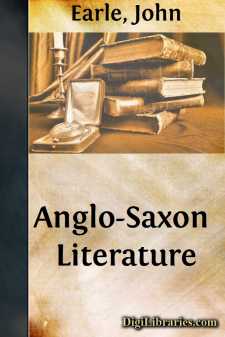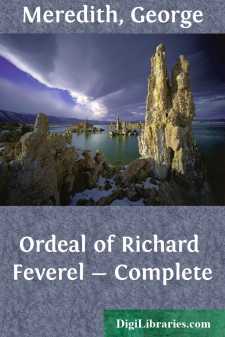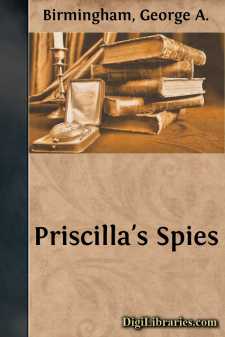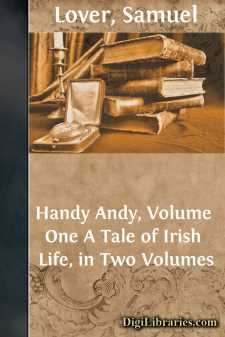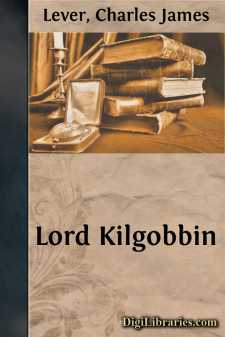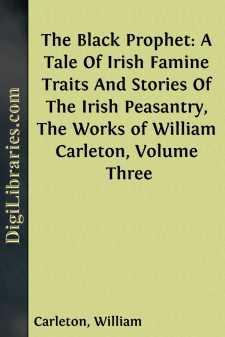Literary Collections
- American 84
- Ancient, Classical & Medieval 14
- Asian 1
- Australian & Oceanian 1
- Canadian 55
- Continental European 121
- English, Irish, Scottish, Welsh
- Essays 160
- General 24
- Letters 46
- Middle Eastern 1
English, Irish, Scottish, Welsh Books
Sort by:
by:
John Earle
CHAPTER I. A PRELIMINARY VIEW. Anglo-Saxon literature is the oldest of the vernacular literatures of modern Europe; and it is a consequence of this that its relations with Latin literature have been the closest. All the vernacular literatures have been influenced by the Latin, but of Anglo-Saxon literature alone can it be said that it has been subjected to no other influence. This literature was nursed...
more...
BRITANNIA. I. The people that now occupies England was formed, like the French people, by the fusion of several superimposed races. In both countries the same races met and mingled at about the same period, but in different proportions and under dissimilar social conditions. Hence the striking resemblances and sharply defined contrasts that exist in the genius of the two nations. Hence also the...
more...
by:
George Meredith
CHAPTER I Some years ago a book was published under the title of "The Pilgrim's Scrip." It consisted of a selection of original aphorisms by an anonymous gentleman, who in this bashful manner gave a bruised heart to the world. He made no pretension to novelty. "Our new thoughts have thrilled dead bosoms," he wrote; by which avowal it may be seen that youth had manifestly gone from...
more...
by:
George Meredith
CHAPTER I Remains of our good yeomanry blood will be found in Kent, developing stiff, solid, unobtrusive men, and very personable women. The distinction survives there between Kentish women and women of Kent, as a true South-eastern dame will let you know, if it is her fortune to belong to that favoured portion of the county where the great battle was fought, in which the gentler sex performed manful...
more...
CHAPTER I The summer term ended in a blaze of glory for Frank Mannix. It was a generally accepted opinion in the school that his brilliant catch in the long field—a catch which disposed of the Uppingham captain—had been the decisive factor in winning the most important of matches. And the victory was particularly gratifying, for Haileybury had been defeated for five years previously. There was no...
more...
by:
Samuel Lover
ADDRESS I have been accused in certain quarters, of giving flattering portraits of my countrymen. Against this charge I may plead that, being a portrait-painter by profession, the habit of taking the best view of my subject, so long prevalent in my eye, has gone deeper, and influenced my mind:—and if to paint one's country in its gracious aspect has been a weakness, at least, to use the words of...
more...
by:
Samuel Lover
CHAPTER XXII The night was pitch dark, and on rounding the adjacent corner no vehicle could be seen; but a peculiar whistle from Dick was answered by the sound of approaching wheels and the rapid footfalls of a horse, mingled with the light rattle of a smart gig. On the vehicle coming up, Dick took his little mare, that was blacker than the night, by the head, the apron of the gig was thrown down, and...
more...
CHAPTER I The Irish police barrack is invariably clean, occasionally picturesque, but it is never comfortable. The living-room, in which the men spend their spare time, is furnished with rigid simplicity. There is a table, sometimes two tables, but they have iron legs. There are benches to sit on, very narrow, and these also have iron legs. Iron is, of course, harder than wood. Men who are forced to...
more...
CHAPTER I KILGOBBIN CASTLE Some one has said that almost all that Ireland possesses of picturesque beauty is to be found on, or in the immediate neighbourhood of, the seaboard; and if we except some brief patches of river scenery on the Nore and the Blackwater, and a part of Lough Erne, the assertion is not devoid of truth. The dreary expanse called the Bog of Allen, which occupies a tableland in the...
more...
by:
William Carleton
CHAPTER I. — Glendhu, or the Black Glen; Scene of Domestic Affection. Some twenty and odd years ago there stood a little cabin at the foot of a round hill, that very much resembled a cupola in shape, and which, from its position and height, commanded a prospect of singular beauty. This hill was one of a range that ran from north to southwest; but in consequence of its standing, as it were, somewhat...
more...


